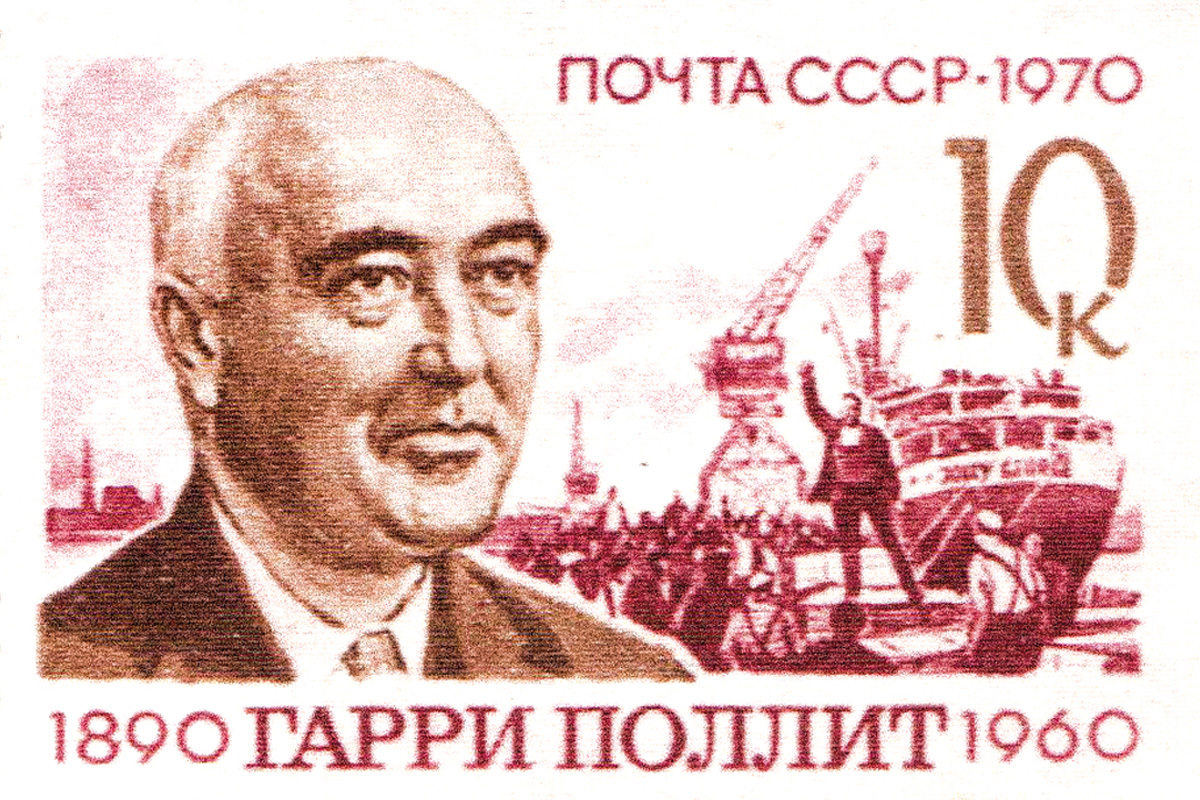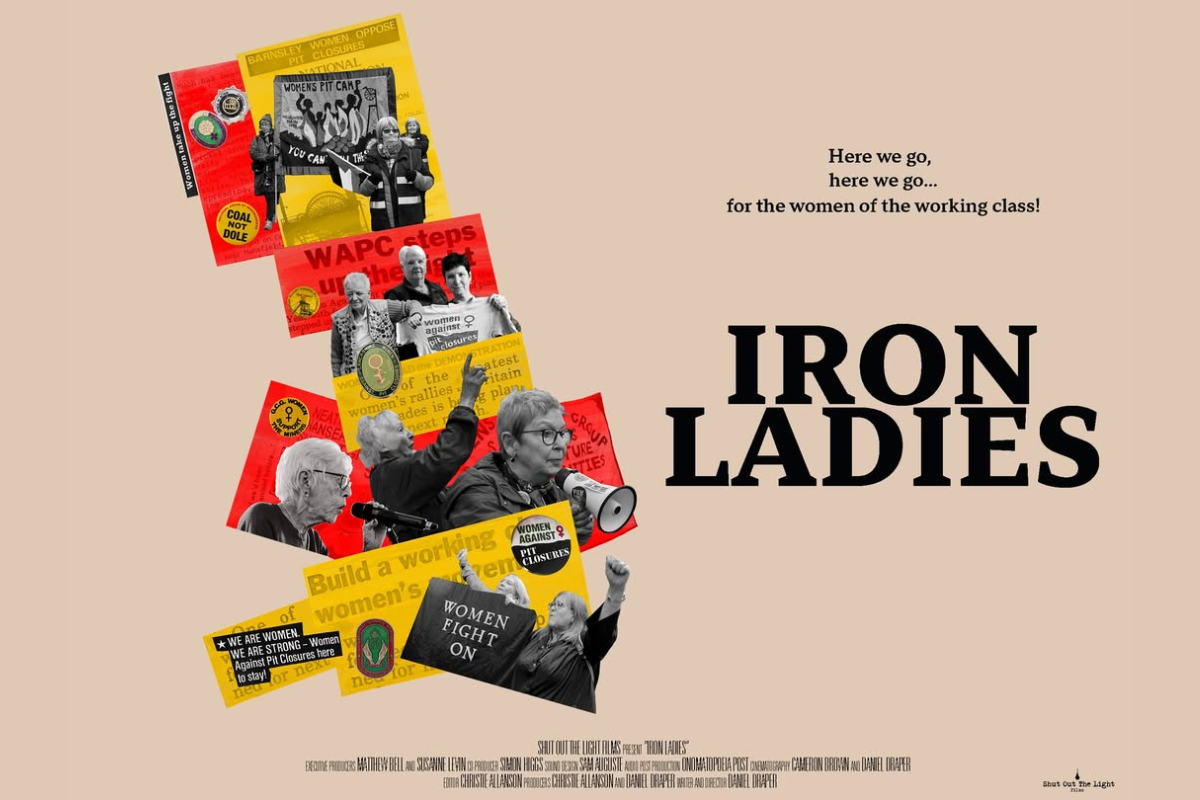Since his election as Labour leader, Jeremy Corbyn has been under consistent attack by an alliance of big business, the Tories, the mainstream media and the right wing of his own party. This motley crew have shown an unusual concern for the jobs of workers that they say would be threatened in the aerospace and nuclear power industries should Corbyn come to power and try to scrap Trident or end the use of nuclear energy.
Of course, no one is fooled by the sudden tenderhearted concern of these ladies and gentlemen for workers’ jobs. However, the question of how socially harmful industries can be eliminated, whilst preserving jobs, is a pertinent one for the labour movement.
For unions like Unite, whose membership spans both the nuclear energy and the aerospace industries, the question often leads to regular heated exchanges at national conferences. Usually the question resolves itself into: either we prioritise social need or we prioritise jobs. Corbyn himself has mooted the idea of renewing Trident’s submarines without missiles. This may be preferable to creating weapons of mass destruction – but can no other means be found to retain these jobs other than building multi-billion pound, submersible tin-cans?
Forty years ago, the workers at Lucas Aerospace developed a plan that posed and solved precisely such a problem. That experience threw into sharp relief the latent ingenuity of working people, which finds itself suffocated by the narrowness of capitalism, hemmed in as it is by the profit motive and the subjugation of labour to capital.
British capitalism in decline
The story of the “Lucas Plan” goes back to the early 1970’s and the crisis which was hitting an increasingly parasitic and declining British capitalist class. In all the old manufacturing towns, the bosses were closing down their operations, throwing workers onto the scrapheap – sending an ominous signal to the workers at the seventeen sites of Lucas Aerospace.
The company management reassured the workers that their R&D departments would come up with new products to secure workers’ jobs. This was cold comfort as no recent technical innovations had managed to prevent the terminal decline being seen in the wider engineering sector.
Workers plan production
 The workers at Lucas had militant traditions and a number of strikes in the early 1970’s, including a three-month stoppage at the Burnley plant, had led to the development of a powerful Shop Stewards Combine Committee. The Combine, an unofficial body, brought together stewards from across the trade unions. However, strikes and even factory occupations had failed to halt the bosses’ onslaught and the workers were keenly aware of this fact.
The workers at Lucas had militant traditions and a number of strikes in the early 1970’s, including a three-month stoppage at the Burnley plant, had led to the development of a powerful Shop Stewards Combine Committee. The Combine, an unofficial body, brought together stewards from across the trade unions. However, strikes and even factory occupations had failed to halt the bosses’ onslaught and the workers were keenly aware of this fact.
When members of the Combine approached the then Labour government for assistance in 1974, the Secretary of State for Industry, Tony Benn, suggested the workers come up with their own corporate plan to save the firm. This was precisely what the workers set about to achieve.
At first, the Combine approached outside organisations and academic bodies – but to no avail. They then sought suggestions from Lucas’ own workers. Surveys were sent out to all union members and mass “teach-ins” were held to involve the whole workforce. The result, developed over two years, was a 1000 page Alternative Corporate Plan, which included detailed product plans drawing exclusively on the workers’ own technical knowledge.
The Plan laid out how the company could be reorganised to create new, socially useful products. Such products included kidney dialysis machines; mobility aids for children with Spina Bifida; heat pumps and renewable energy solutions, among 150 designs in total.
Not only did the workers present prototypes of a number of new products, they also developed proofs of the commercial viability and advance orders for these. Furthermore, plans were laid down to redesign factories to satisfy the human needs of the workers themselves. Engineers involved in designing new, socially useful products, described the experience as the most enriching of their lives – demonstrating how the nature of work itself can be transformed when the workers are no longer subjected to the alienation from the production process inherent in capitalism.
Lucas workers betrayed
In 1976, the Combine presented its plans to the world – to the astonishment of the bosses, politicians and media. The bosses predictably refused to implement the plan and in 1978 ploughed ahead with 2,000 redundancies, picking out leaders of the Combine for victimisation and sackings. The owners of Lucas Aerospace saw the Alternative Corporate Plan not as an attempt to save the industry but an infringement on their property-given right to run the business.
The Labour government of the day showered praise on the workers but did nothing. The Combine argued that the government should use the leverage of its contracts to Lucas to force it to implement the plan. If Labour had had a bold, socialist programme, Lucas might have been nationalised and placed under democratic workers’ control. Instead, they were not prepared to take any measures that would impinge on the bosses’ profits.
The TUC did nothing either. Indeed, the very existence of a shop stewards Combine, an unofficial body uniting rank and file stewards, was a challenge to the authority of the trade union bureaucracy, which placed its narrow privileges above those of the broader movement.
Lessons for today
The lessons from the Lucas experiment for today’s Labour movement are quite clear. By nationalising the weapons, aerospace and energy sectors along with the other major monopolies under democratic workers’ control we could give the workers themselves all the tools they need to reorganise production to satisfy society’s needs. Under a socialist plan of production, it would no longer be a question of jobs or society’s needs but of satisfying both simultaneously.
Beyond the question of Trident and nuclear energy other more ominous threats lurk behind the continuation of this anarchic system. From climate change to the dawning of a post-antibiotic age, capitalism threatens us from all angles. Who knows what ingenious solutions to these problems workers will develop when they are made the masters of their own destiny?






